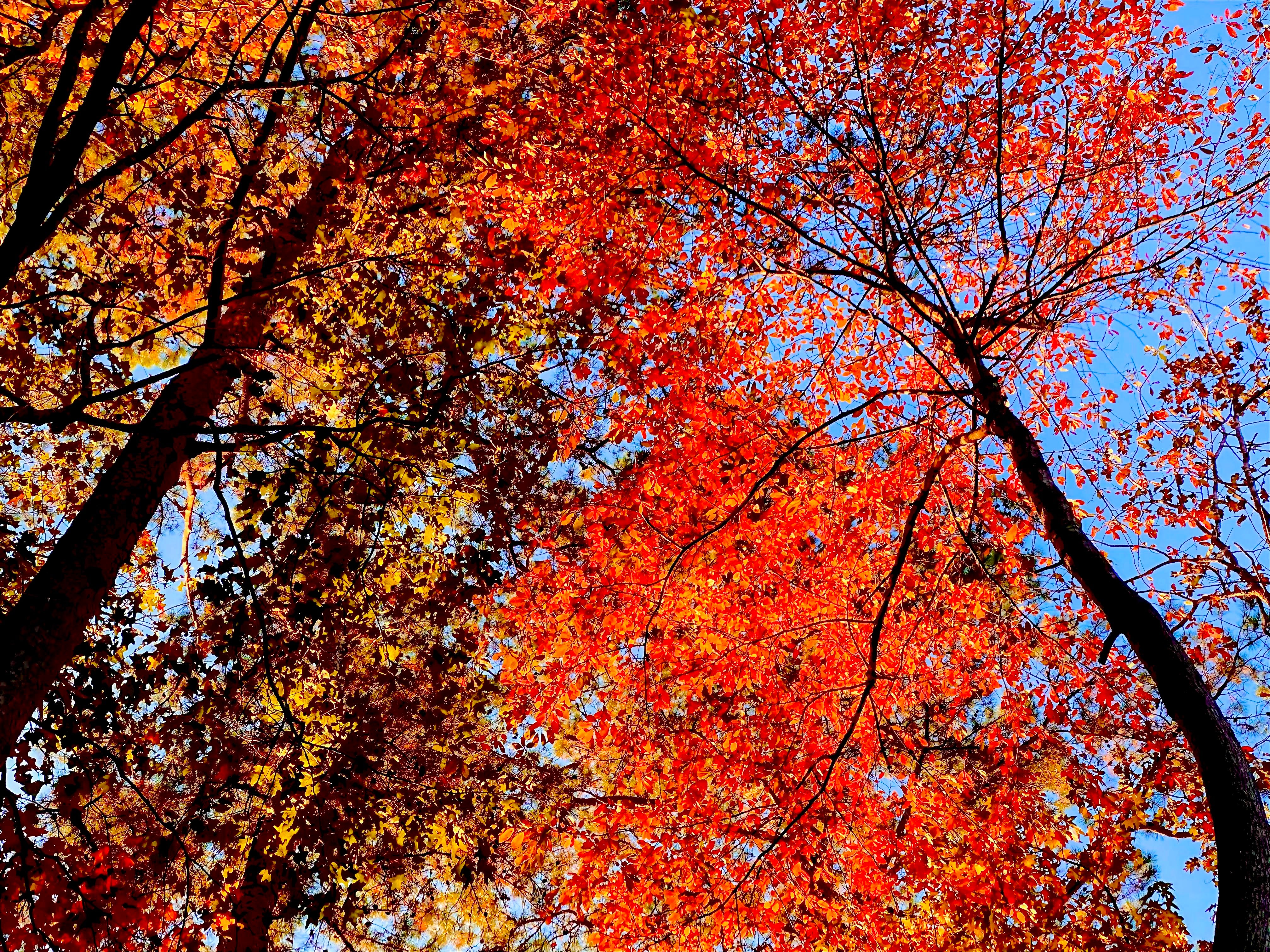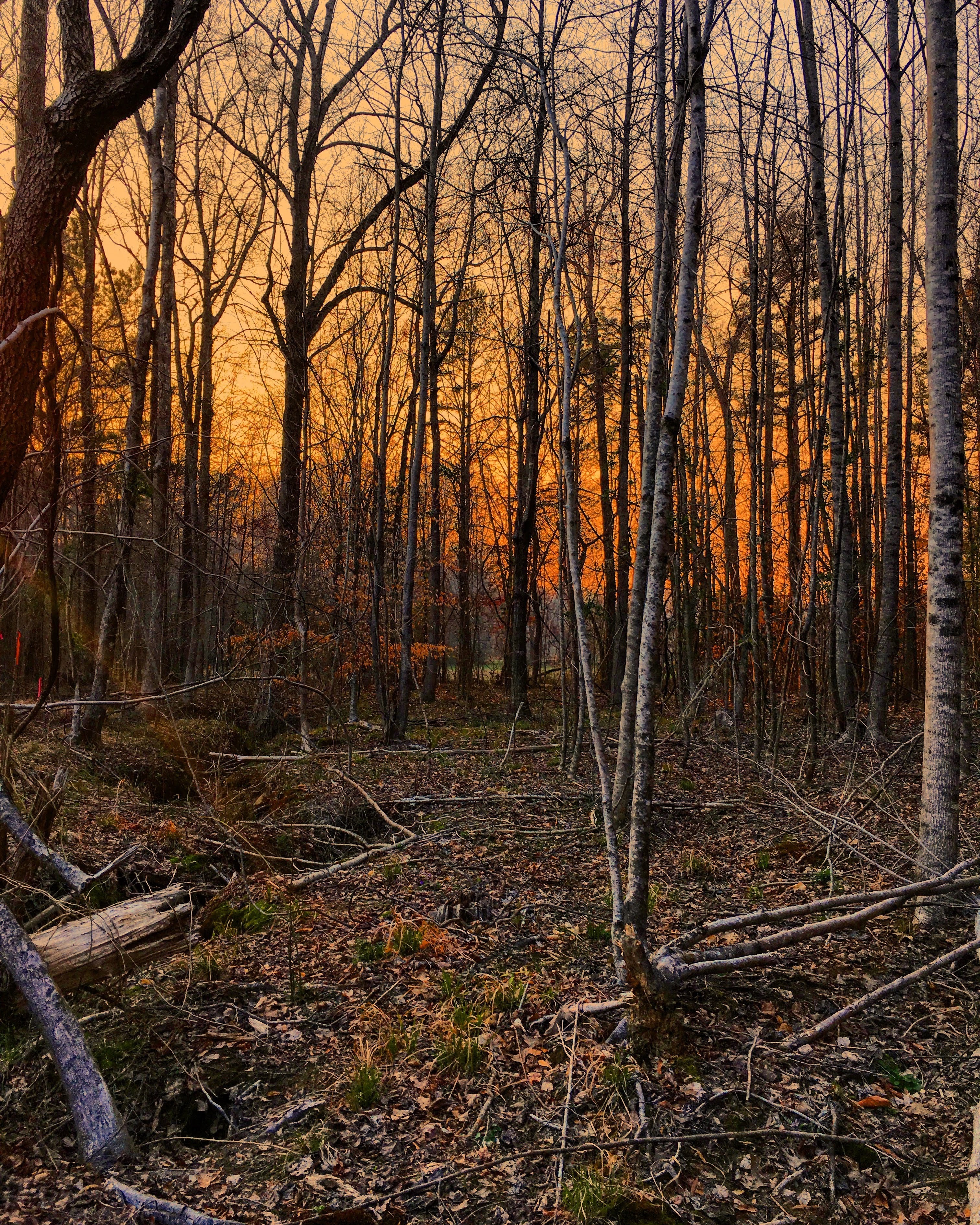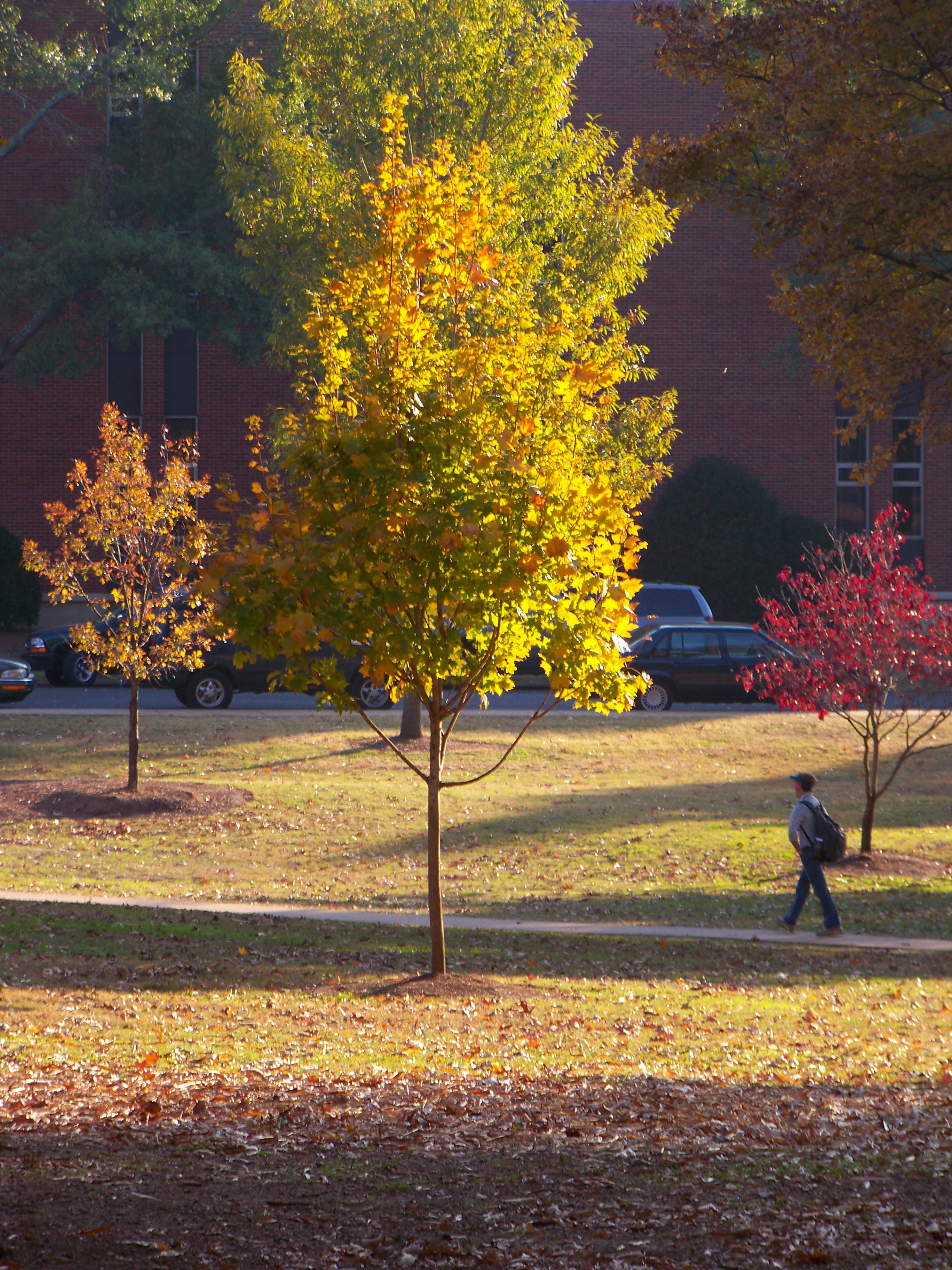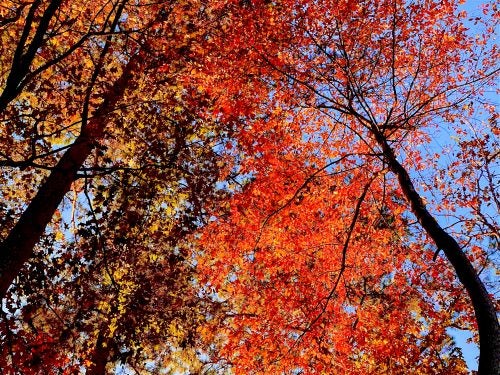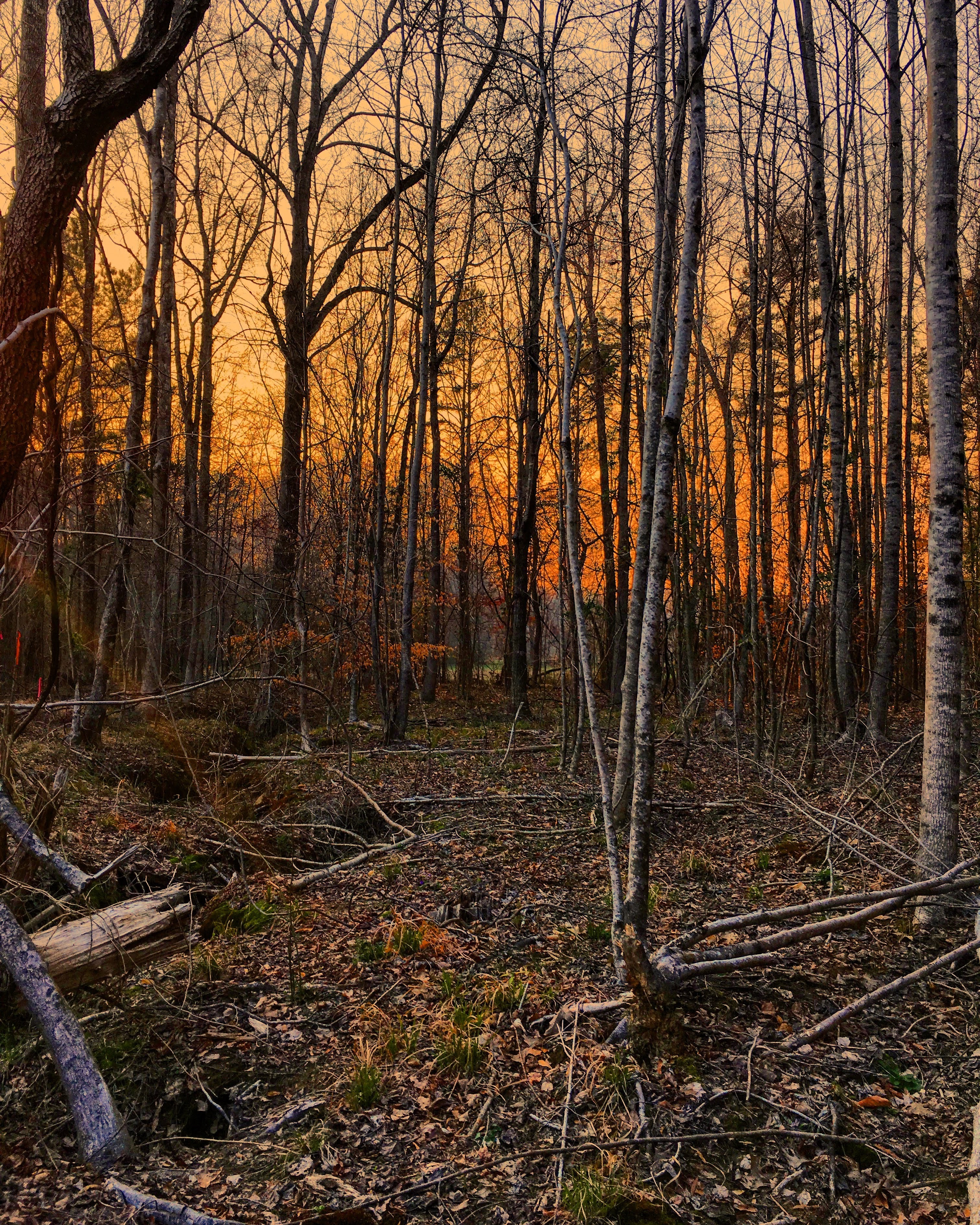Ditch the soap, grab your coat and bathe in the forest
Published 4:32 pm Friday, November 3, 2023
In the hustle and bustle of today’s fast-paced world, individuals often seek reprieve in various forms of wellness practices. Among these, forest bathing or shinrin-yoku, a term coined in Japan in the 1980s, emerges as both a fitness trend and a mindfulness practice, offering a simple yet effective avenue to unwind and reconnect with nature’s calming embrace.
Slow Down, Zen Up
The essence of forest bathing lies in its simplicity—it entails a leisurely walk in a natural setting, absorbing the serenity and vitality of the environment through all senses. Unlike a brisk hike or a guided nature walk aimed at identifying flora and fauna, forest bathing sets a deliberately slow pace, inviting individuals to experience nature’s pleasures with a meditative mindset.
Phytoncides: Your Body’s Silent Defenders
The physiological and psychological benefits of this practice are profound and backed by scientific evidence. Studies suggest that immersing oneself in nature in this manner can bolster the immune system, lower blood pressure and reduce levels of stress, anxiety and depression. One of the mechanisms behind these benefits is the exposure to phytoncides, natural essential oils emanated by trees and plants, known to enhance our immune response.
Beyond Stress Balls
Moreover, the practice has been shown to foster an increase in the activity of natural killer cells, which are instrumental in cancer prevention. Other reported benefits include improved mood, enhanced concentration and memory, better sleep quality and even assistance in weight management, diabetes prevention and accelerated recovery from illnesses or surgeries.
Japan’s Leafy Secret
The Japanese government, recognizing the potential of forest bathing, has invested significantly in research to uncover its health benefits. Between 2004 and 2012, more than $4 million was allocated towards studying the advantages of this eco-therapy, and since 1982, forest bathing has been integrated into the country’s national public health program.
From Skyscrapers to Treetops
Forest bathing isn’t confined to the wilderness; urban dwellers too can partake in this practice. Even a short 30-minute session in an urban park can confer the myriad benefits associated with forest bathing, making it an accessible form of ecotherapy for individuals across various landscapes.
Guided by Trees
For those seeking a more structured approach to forest bathing, guided sessions led by trained facilitators offer a structured pathway to explore this healing interaction with nature. These sessions, typically spanning two to three hours, provide a meditative ecotherapy excursion, helping individuals foster a deeper connection with the natural world around them.
Rooted in Tradition, Sprouting Wellness
With roots in Japanese tradition yet bearing a universal appeal, forest bathing is more than just a fleeting trend. It’s a gentle reminder of the intrinsic connection humans share with nature, and the healing, restorative power that lies in a simple walk among the trees.


